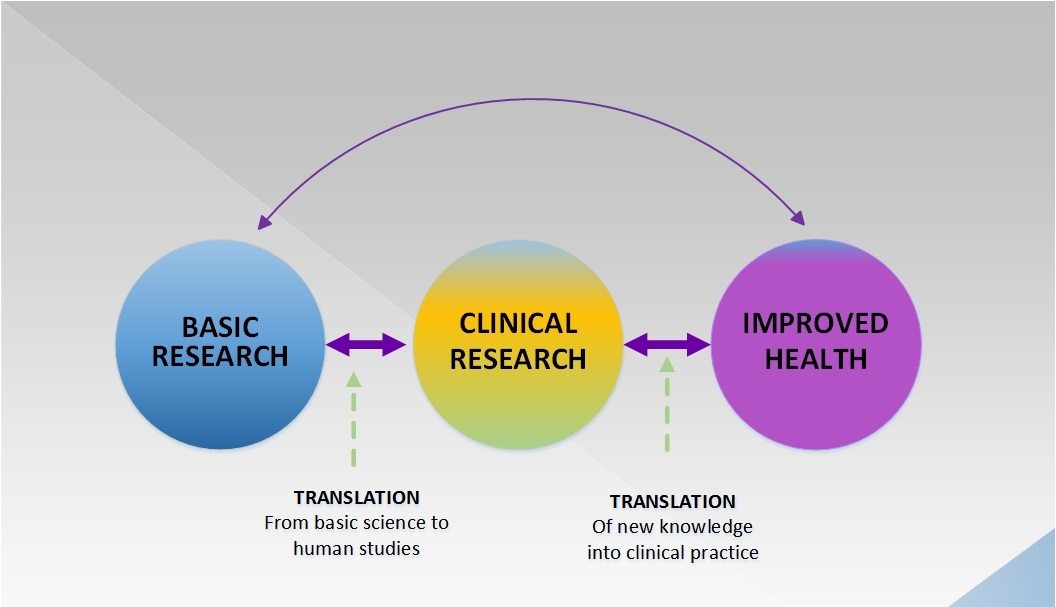Category: Politics and Regulation
Harvard Medical School: Veritas for Sale (Part VI)
Loose Ends: Dr. Koh and More After Dr. Federman’s letter and my reply, posted in Part V of this series,† there seemed little point in pursuing the matter further. Although Dr. Federman never answered my reply, he did send, at my request, a copy of Commissioner of Public Health Howard Koh‘s written “construction of the events in the Massachusetts Special Commission.” As you may recall, those events...

Human subjects protections and research ethics: Where the rubber hits the road for science-based medicine
Although clinical trials are science, they often can't be controlled as well as experiments in most branches of science. The reason is that the experimental subjects are human, and ethics demands that risks and harms be minimized and benefits maximized.
Welcome back, my friends, to the show that never ends, part II: Generation Rescue, the anti-vaccine propaganda machine, and “Fourteen Studies”
I hadn’t planned on writing about the antivaccine movement again this week, so soon after having had to subject myself to yet another round of Jenny McCarthy on Larry King Live and a truly execrable Generation Rescue “study.” I really hadn’t. For one thing, there’s just so much nonsense laid down by antivaccinationists these days that it’s utterly impossible for one blogger...
Harvard Medical School: Veritas for Sale (Part IV)
HMS Puts the Messenger in its Crosshairs When, during the fall and winter of 2001-02 I first approached Dean Daniel Federman of the Harvard Medical School (HMS) with evidence that the HMS “CAM” program was promoting pseudomedicine, I gave him some materials that I thought would be adequate to make the case: ‘CAM’ Director David Eisenberg’s dubious funding sources and his failure to...
Response to a “CAM on campus” post
I only recently began contributing to SBM, bringing not any particular expertise or scholarship but rather the perspective of a student. My goal in blogging is not to focus on issues specific to my school, of which I am quite fond and proud in general. Instead I hope to use my experiences, which SBM editors and readers tell me are not unique, to illustrate...
IRBs, Conflicts of Interest, and Witch Hunts
When beginning a discussion of a controversial topic I like to establish the common ground upon which most or all people can agree. Everyone seems to agree that real conflicts of interest in medical research and practice is a bad thing and steps should be taken to minimize, eliminate, and illuminate any such conflicts. The controversy revolves around what constitutes a real...
Involuntary Treatment – Civil Rights or Civil Wrongs?
In the 1950s, 558,000 people were in mental institutions in the U.S. Many were there against their will and were being warehoused or treated badly. Deinstitutionalization was intended to restore their civil rights and improve their lot. Did it? By 2006, there were only 40,000 people in institutions. What happened to the other 518,000? Some of them are living in the community...
Naturopathy and Liberal Politics: Strange Bedfellows
Yesterday’s post by Wally Sampson and an offline discussion with David Gorski have moved me to post something that I wrote in 2001. At the time, I was a member of the Massachusetts Special Commission on Complementary and Alternative Medical Practitioners. I’ve previously mentioned that experience here. During that tenure I wrote a treatise on the tenets and practices of ‘naturopathic medicine,’*...
A View to the Past
The quackery political map has changed over the last three decades. I recently took a historial look over the landscape at characteristics and forms of quackery that could yield some perspective, and understanding. Pseudoscience and quackery were identifiable long before we were here. Mesmer was deposed by Franklin and Lavoisier & Co. Samuel Hahnemann’s homeopathy was recognized as false by contemporaries, and by 1840s Oliver...
Evidence-Based Legislation? Lessons From Abroad
President Obama appears to be refreshingly pro-science in his outlook, publicly lauding objectivity and careful analysis. He has even been credited with saying that “we need evidence-based legislation” in regards to public policy. The New York Times reports: Agencies will be expected to pick science advisers based on expertise, not political ideology, the memorandum said, and will offer whistle-blower protections to employees...

